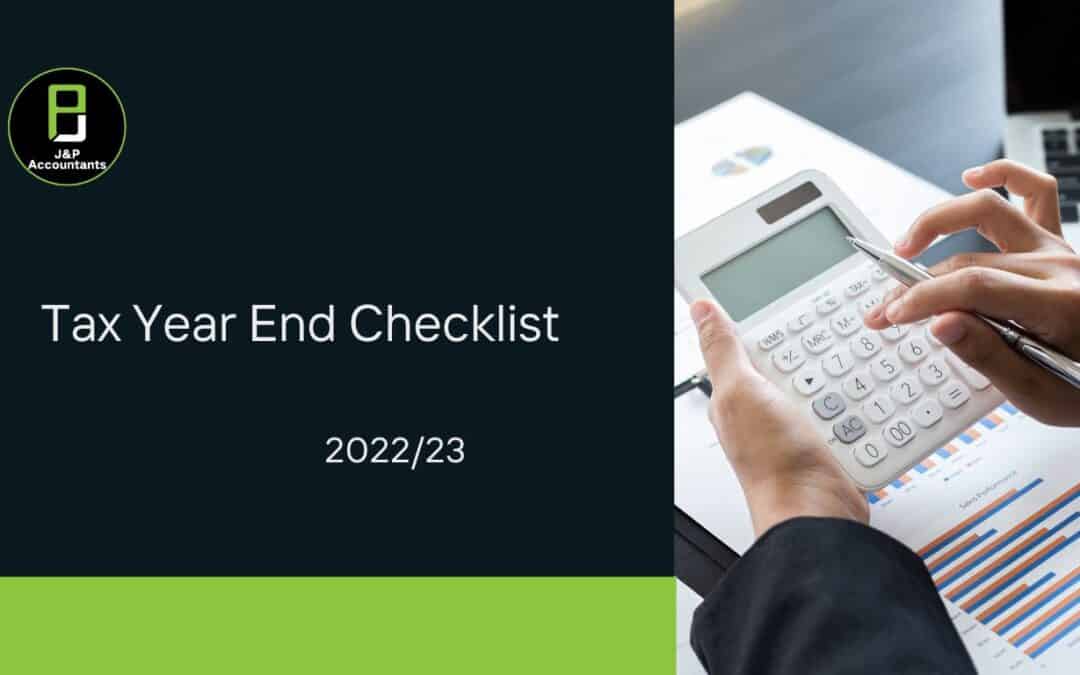Earlier we mentioned that the 2022/2023 UK tax year is nearly end, and we explained the importance of the tax year.
The current 2022/2023 tax year ends on April 5, 2023.
During this half month, we recommend you to check again, so as not to overlook some details.
In this article, we will continue to talk to you about a few things you need to check before the end of the tax year.
Check the ISA allowance
Individual Savings Accounts (ISA) have the same timeline as the tax year, which is between April 6 of the current year and April 5 of the following year.
The cash interest and benefits you earn in an ISA are not taxable, and you don’t even need to report any ISA interest income on your tax return.
Money can be deposited into an ISA each tax year, up to £20,000 in one type of account.
The caveat here is that you can only contribute £4,000 per tax year into a lifetime ISA.
This can save you a small fortune if you use as much of your allowance for the tax year as possible.
Check old pensions
Unclaimed pensions will reach £26.6bn by 2022, according to a Pension Policy Research Institute.
This shows that many people forget their pension when they change jobs.
You may ask why pensions are forgotten? In the UK, there are different institutions that can contribute to superannuation.
The different superannuation agencies are not connected to each other and if you change companies you are likely to leave super contributions with different agencies.
Tracking forgotten pensions over time is therefore extremely important.
Saving for your next generation
If you’ve got the perfect plan for your next generation, you can start saving when they turn 18.
The annual allowance is £9,000
The guardian can start a Junior ISA (JISA) on behalf of the child, and the interest earned through the JISA is also exempt from income tax.
Check employee tax code
If you are self-employed or running a small business, you and your employees should have the correct tax codes.
The correct tax code is based on the self-assessment return and the basic information provided to the tax office.
It is very important to check your tax code if you are working multiple jobs at the same time.
If HMRC is reviewing untaxed income from the previous year, it will be a complicated process.
Therefore, it is your responsibility to check employee tax codes and change them promptly to pay the correct taxes.





